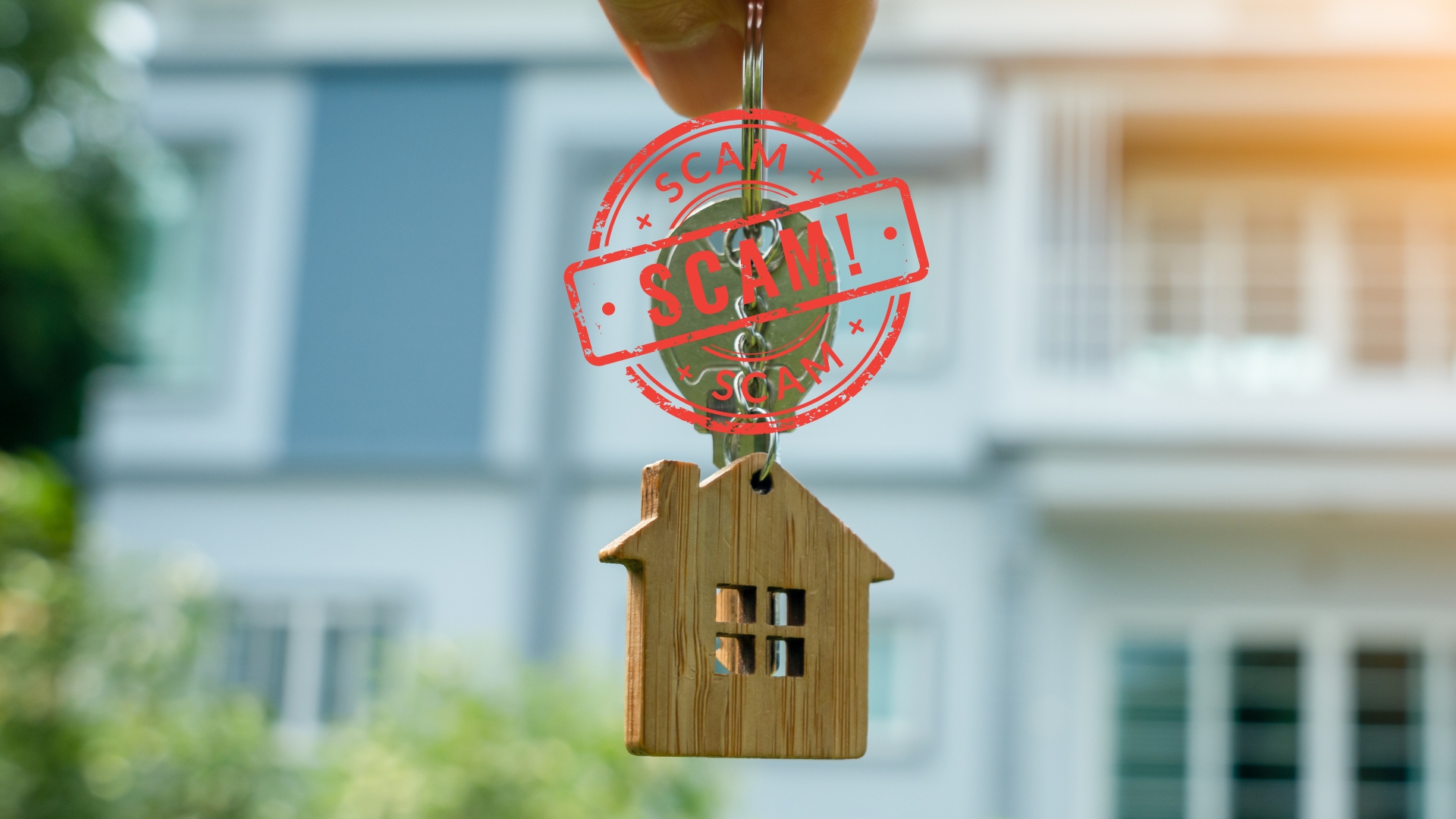13 Mar Protect Yourself: How to Avoid the 4 Most Common Real Estate Scams in Miami
Introduction:
Miami’s real estate market, while vibrant and dynamic, unfortunately also harbors scams that target unsuspecting buyers, sellers, and renters. In this blog, we’ll delve into the four most common Miami real estate scams, offering invaluable tips to safeguard against these deceptive schemes.
Scam 1: Fake Rentals
One prevalent scam in Miami involves fake rental listings, where scammers pose as landlords or property managers to trick renters into paying deposits or rent for properties that either don’t exist or they have no legal right to rent. These scams often occur on popular online platforms like Craigslist, Facebook Marketplace, and other social media channels.
How to Protect Yourself:
– Be wary of deals that seem too good to be true.
– Always verify the legitimacy of the landlord or property manager.
– Insist on viewing the property in person before making any payments.
– Report suspicious listings to the appropriate authorities.

Scam 2: Wire Fraud
Wire fraud is another common scam in Miami’s real estate market, where scammers impersonate real estate professionals or hack into their email accounts to trick homebuyers, sellers, or agents into wiring funds to fraudulent bank accounts. This scam often occurs during the closing process when large sums of money are being transferred.
How to Protect Yourself:
– Verify all wire transfer instructions directly with your real estate agent or attorney
– Be cautious of unexpected or last-minute changes to wiring instructions.
– Consider using encrypted email and secure communication methods when discussing financial transactions.

Scam 3: Home Improvement Scams
Home improvement scams involve contractors who charge exorbitant prices for shoddy work or take deposits and never start the work. These scams can also include fake repairmen who offer to fix nonexistent problems, leaving homeowners out of pocket and with unfinished projects.
How to Protect Yourself:
– Research contractors thoroughly and check their credentials and references.
– Get multiple quotes for any home improvement projects.
– Avoid paying large sums upfront and consider using a payment schedule tied to project milestones.
– Don’t be pressured into making quick decisions.

Scam 4: Foreclosure Rescue Scams
Foreclosure rescue scams target homeowners facing foreclosure, promising to help them keep their homes but instead taking their money and leaving them worse off. These scams often involve false promises and financial misappropriation, leaving homeowners in a more precarious financial situation.
How to Protect Yourself:
– Be wary of any company or individual promising to save your home for a fee.
– Research the reputation of foreclosure prevention specialists and avoid those with negative reviews or complaints.
– Consult with a reputable attorney or housing counselor if you’re facing foreclosure.





No Comments